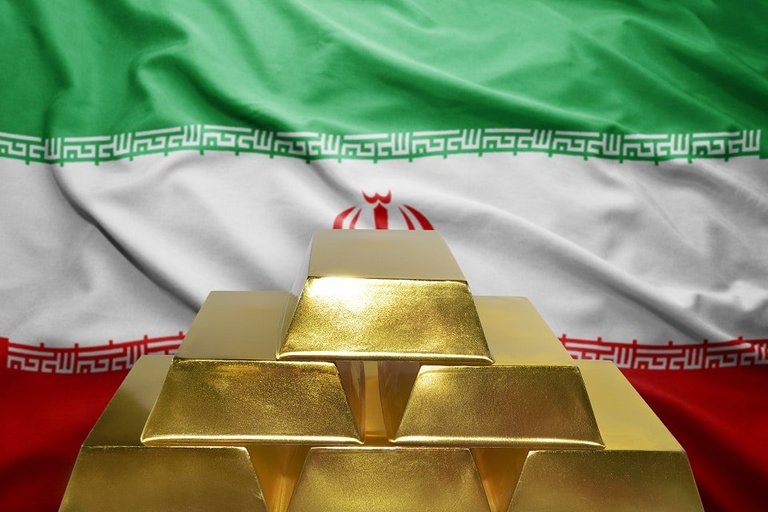One billion PayMon tokens will be initially issued.
In a second phase, the central bank will make a backed issue in the rial.

The Iranian government finally announced that the cryptocurrency it has worked on since 2018 to evade international financial sanctions will be called PayMon and will be backed by gold. The cryptoactive is the product of an alliance between four local banks and the company Kuknos Company.
According to a report published by the Financial Tribune newspaper, the Islamic Republic's project will have the participation of Bank Mellat, Bank Melli Iran, Bank Pasargad and Parsian Bank. In addition, it was reported that the Fara Bourse exchange, an over-the-counter market, will join the commercialization of the cryptocurrency.
With the PayMon, which means agreement in Persian, the nation has a double purpose in the agenda. The first, try to evade the blockade of the Swift platform, a global inter-bank communications system, the restriction to acquire dollars and market gold or precious metals, among others. To overcome this situation, the issuance of one billion PayMon was announced.
It is important to mention that the US sanctions were applied after the departure of the North American country from the nuclear agreement with Iran, this due to its "threatening, destabilizing behavior," announced President Donald Trump.
The second objective is to use the cryptoactive as a form of payment for its citizens. At this point the central bank will come into play with an issue that will be supported in the national currency, the rial.
Valiollah Fatemi, executive director of startup Kuknos, said PayMon will be used to "issue the initial gold-based token," while the company will seek to "tokenize the assets and excess properties of the banks."
GOVERNMENT POSITION
Last week, the Iranian government, through its central bank, issued a series of preliminary rules on the local cryptoeconomy, in which a more flexible position was established in relation to cryptocurrency mining, the creation of exchange houses, the use of of purses and the Initial Offers of Currency (ICOs).
Although there is a greater acceptance of cryptoactives, the country is prohibited from "using global cryptocurrencies as payment methods within the country". That is, those operators that have bitcoin, ethers or other cryptocurrency, can not use them to acquire goods or services within their territory.
The presentation of PayMon, before the bank executives and the Iranian judicial personnel, happens after other governments, like the one of Venezuela, also adopted the cryptoactives to look for international financing and to counteract US sanctions. In December of 2017, President Nicolás Maduro announced the creation of petro as a cryptocurrency of the Venezuelan state.
Three months after this announcement, President Trump signed an executive order in which Americans were prohibited from buying any cryptocurrency issued or backed by the Venezuelan government. With this scenario, the question would be if the United States would also issue a similar order to restrict the purchase of PayMon among its nationals.
Regarding its technical aspect, many details about the technology that will be behind the cryptoactive have not been revealed. In August 2018 it was reported that the national cryptocurrency will be issued on Hyperledger Fabric.